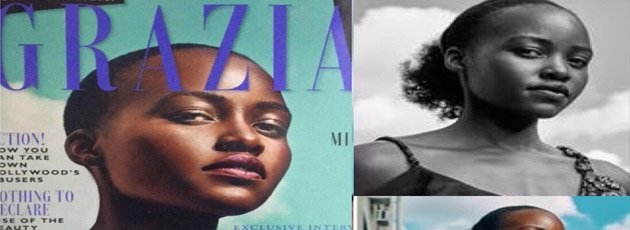- Home
- News & Blogs
- About Us
- What We Do
- Our Communities
- Info Centre
- Press
- Contact
- Archive 2019
- 2015 Elections: 11 new BME MP’s make history
- 70th Anniversary of the Partition of India
- Black Church Manifesto Questionnaire
- Brett Bailey: Exhibit B
- Briefing Paper: Ethnic Minorities in Politics and Public Life
- Civil Rights Leader Ratna Lachman dies
- ELLE Magazine: Young, Gifted, and Black
- External Jobs
- FeaturedVideo
- FeaturedVideo
- FeaturedVideo
- Gary Younge Book Sale
- George Osborne's budget increases racial disadvantage
- Goldsmiths Students' Union External Trustee
- International Commissioners condemn the appalling murder of Tyre Nichols
- Iqbal Wahhab OBE empowers Togo prisoners
- Job Vacancy: Head of Campaigns and Communications
- Media and Public Relations Officer for Jean Lambert MEP (full-time)
- Number 10 statement - race disparity unit
- Pathway to Success 2022
- Please donate £10 or more
- Rashan Charles had no Illegal Drugs
- Serena Williams: Black women should demand equal pay
- Thank you for your donation
- The Colour of Power 2021
- The Power of Poetry
- The UK election voter registration countdown begins now
- Volunteering roles at Community Alliance Lewisham (CAL)
Lupita Nyong'o calls out Grazia magazine for racist editing
Earlier this week, Oscar-winning actress Lupita Nyong’o spoke out against a photographer airbrushing over her natural hair in the November edition of Grazia magazine. The young actress took to social media to accuse the publication of editing her hair to “fit a more Eurocentric notion of what beautiful hair looks like”.
The photographer in question, An Le, has called his editorial decision an “incredibly monumental mistake” and has apologised to Nyong’o for smoothing over and removing portions of her naturally densely curly hair. This incident speaks to a long history of young black women being taught that straight, long hair is the standard of beauty, and that in order to be beautiful, their natural hair must be altered or hidden. While Le has insisted that his editing choices were “not born out of any hate, but instead out of [his] own ignorance and insensitivity to the constant slighting of women of colour” through the media, this does not negate the message communicated by the Grazia cover of Nyong’o. Purposefully or not, Le has implied that the natural appearance of a black woman was not suitable for consumption and could not be aesthetically appealing.
In an Instagram post last week, Nyong’o stressed that she is immensely proud of her Kenyan heritage and was deeply disappointed in An Le’s handling of her image. Magazine covers, she said, serve as a vehicle to “show other dark, kinky-haired people, and particularly our children, that they are beautiful just the way they are”. Additionally, she stated that had she been consulted on how her appearance would be edited, she would have informed Grazia that she would not and could not “condone the omission of [her] native heritage”.
Grazia as a magazine denied any involvement in the incident, stating in its apology that while they had not directed An Le to alter Nyong’o’s hair, they should have upheld “the highest of editorial standards” and made themselves aware of all alterations.
Lupita Nyong'o's stance against the narrow hegemony of what is beauty will empower many more Black women to love their natuRal self, but also to serve notice on the monster 'beauty' industry to evolve and above all be respectful.
Ayan Goran
